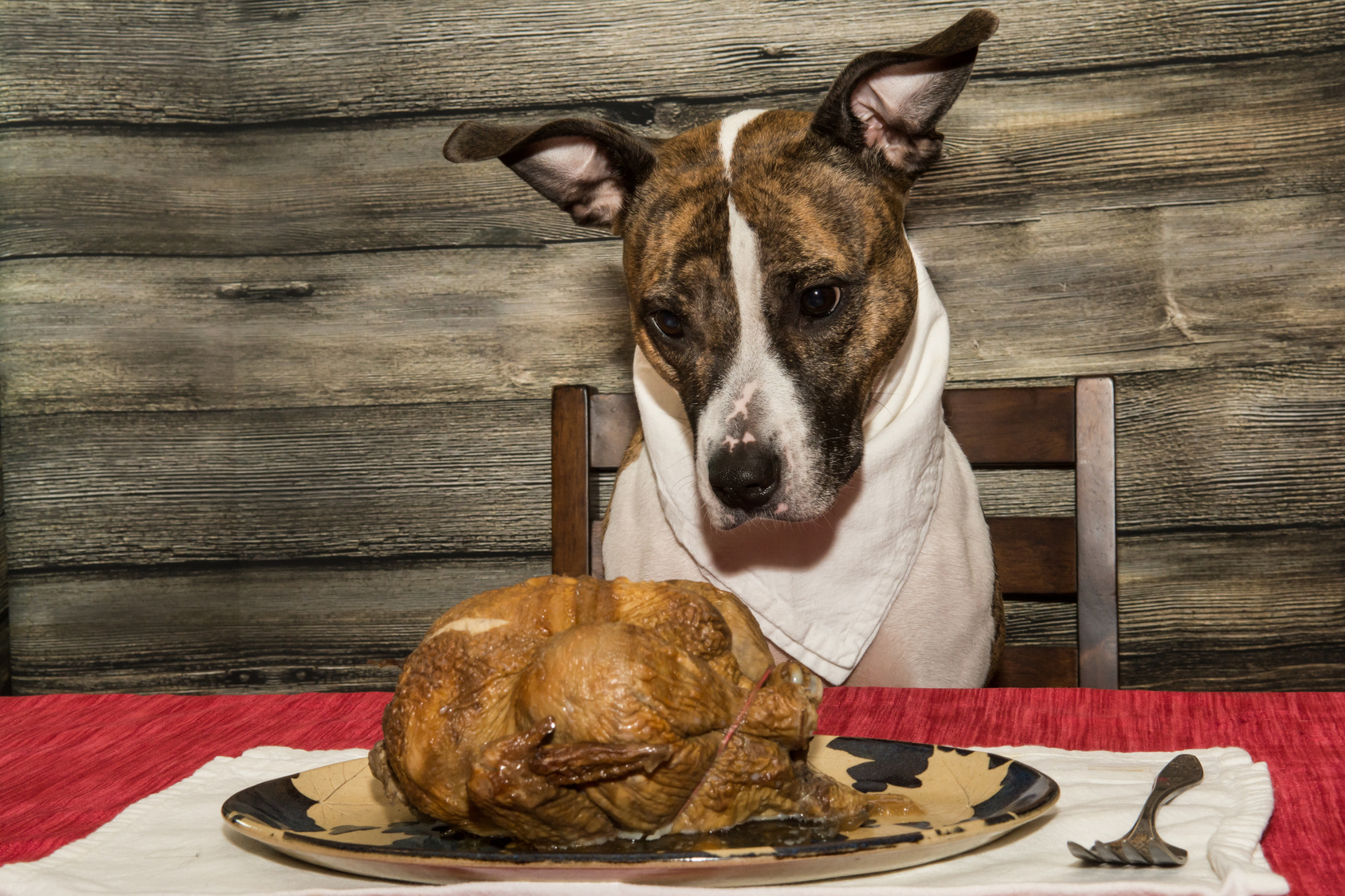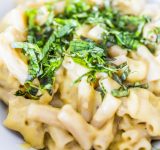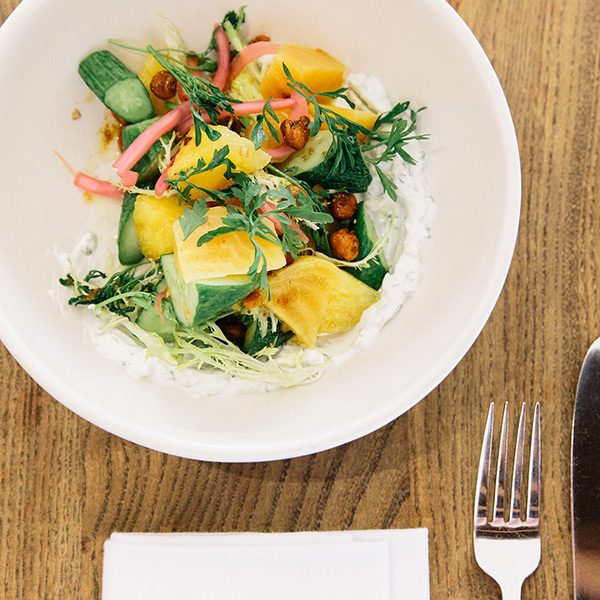With the holidays fast approaching, you might wonder if your pet can also indulge in some holiday turkey. The answer is “yes” – if you take some turkey precautions. Turkey contains high-quality protein and is a good source of B-vitamins and the minerals selenium, zinc, potassium, phosphorus and magnesium. But not all parts of the bird are safe for dogs and cats to eat, and some ingredients commonly prepared alongside turkey are potentially toxic for our canine and feline companions.
To ensure your pet’s Thanksgiving does not turn into a turkey tragedy, follow these tips:
How to Safely Feed Your Dog the Holiday Turkey
1. Pass the white meat, please.
White meat is the safest and healthiest type of turkey meat for pets. It is leaner and lower in calories than dark meat, yet contains more protein per ounce.
2. Steer clear of the skin.
The high fat content of turkey skin – a whopping 33 grams per three ounce serving – can trigger an attack of acute pancreatitis, a serious and potentially life-threatening inflammatory condition of the pancreas. Turkey skin may also be coated with spices, such as onion powder, that are toxic for pets.
3. Banish the bones.
Dogs and cats should never eat or gnaw on cooked bones. The bones are a choking hazard and if your pet does manage to swallow one, it can become stuck at any point along his gastrointestinal tract, a life-threatening situation requiring surgical removal. Cooked bones also become brittle and can splinter, creating sharp points that can tear or puncture your pet’s GI tract, another potentially life-threatening condition.
4. Skip the stuffing.
Stuffing commonly contains one or more ingredients that are toxic for dogs and cats. This includes onions, scallions, shallots and, in large quantities, garlic.
5. Hold the gravy.
Gravy, like stuffing, contains a variety of ingredients that are harmful for dogs and cats, including spices that can upset their stomach, toxic foods such as onions and fatty pan drippings that can lead to pancreatitis.
6. Start small.
If your dog or cat has never before eaten turkey, begin with a small taste to ensure it agrees with the digestive system. Any new food can cause gastrointestinal distress, which will likely upset your holiday plans as well as your pet’s.
How to Design a Pet-friendly Thanksgiving Feast
Let your dog or cat know how thankful you are for him or her with a “canine or feline buffet” created with pet-approved holiday foods, such as the following:
- Cooked, skinless white meat turkey, trimmed of excess fat.
- Plain, unseasoned cooked vegetables, such as green beans, carrot or zucchini. (Chop the veggies into small pieces or run them through a food processor until coarse for easier digestion.)
- Plain, cooked white potato, sweet potato or winter squash.
- Dollop of plain canned pumpkin (not pumpkin pie filling).







